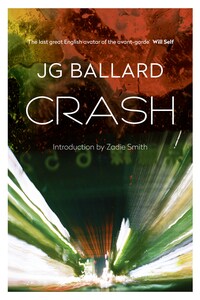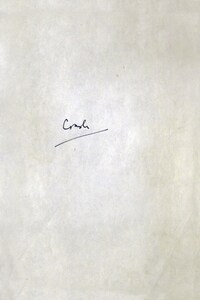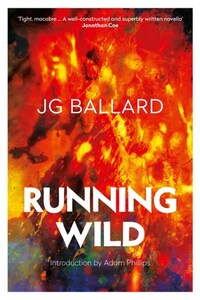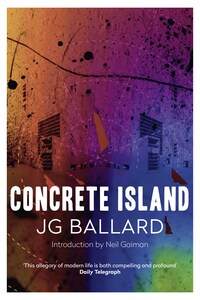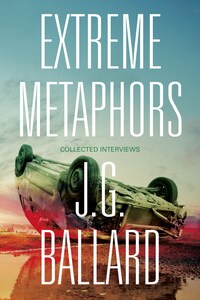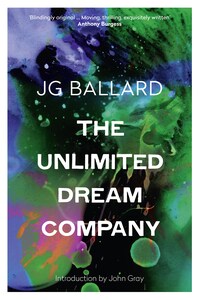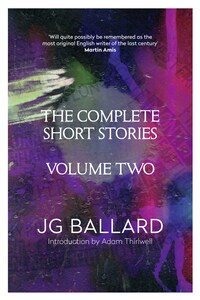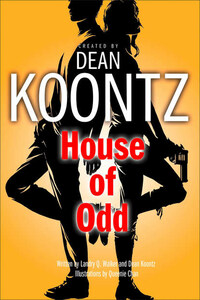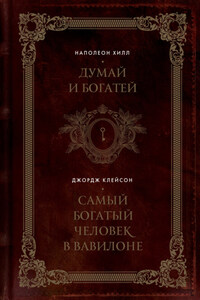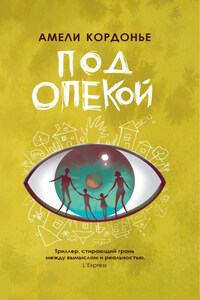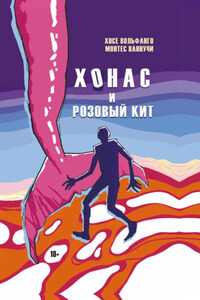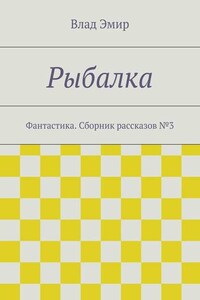Fourth Estate
An imprint of HarperCollinsPublishers
77–85 Fulham Palace Road
Hammersmith, London W6 8JB
4thestate.co.uk
First published in Great Britain by Jonathan Cape in 1973
Copyright © J. G. Ballard 1973, 1995
Introduction copyright © Zadie Smith 2014
‘The Road to Crash’ © Travis Elborough 2008
‘Autopia’, first published in Drive magazine in 1971 and subsequently in The User’s Guide to the Millennium (1996) © J. G. Ballard 1971
The right of J. G. Ballard to be identified as the author of this work has been asserted by him in accordance with the Copyright, Design and Patents Act 1988.
A catalogue record for this book is available from the British Library
This novel is entirely a work of fiction. The names, characters and incidents portrayed in it are the work of the author’s imagination. Any resemblance to actual persons, living or dead, events or localities is entirely coincidental.
All rights reserved under International and Pan-American Copyright Conventions. By payment of the required fees, you have been granted the non-exclusive, non-transferable right to access and read the text of this e-book on screen. No part of this text may be reproduced, transmitted, down-loaded, decompiled, reverse engineered, or stored in or introduced into any information storage and retrieval system, in any form or by any means, whether electronic or mechanical, now known or hereinafter invented, without the express written permission of HarperCollins.
Source ISBN: 9780007287024
Ebook Edition © 1973 ISBN: 9780007324309
Version: 2014-07-03
THE MARRIAGE OF reason and nightmare that has dominated the 20th century has given birth to an ever more ambiguous world. Across the communications landscape move the spectres of sinister technologies and the dreams that money can buy. Thermo-nuclear weapons systems and soft-drink commercials coexist in an overlit realm ruled by advertising and pseudo-events, science and pornography. Over our lives preside the great twin leitmotifs of the 20th century – sex and paranoia.
Increasingly, our concepts of past, present and future are being forced to revise themselves. Just as the past, in social and psychological terms, became a casualty of Hiroshima and the nuclear age, so in its turn the future is ceasing to exist, devoured by the all-voracious present. We have annexed the future into the present, as merely one of those manifold alternatives open to us. Options multiply around us, and we live in an almost infantile world where any demand, any possibility, whether for life-styles, travel, sexual roles and identities, can be satisfied instantly.
In addition, I feel that the balance between fiction and reality has changed significantly in the past decades. Increasingly their roles are reversed. We live in a world ruled by fictions of every kind – mass-merchandizing, advertising, politics conducted as a branch of advertising, the pre-empting of any original response to experience by the television screen. We live inside an enormous novel. It is now less and less necessary for the writer to invent the fictional content of his novel. The fiction is already there. The writer's task is to invent the reality.
In the past we have always assumed that the external world around us has represented reality, however confusing or uncertain, and that the inner world of our minds, its dreams, hopes, ambitions, represented the realm of fantasy and the imagination. These roles, it seems to me, have been reversed. The most prudent and effective method of dealing with the world around us is to assume that it is a complete fiction – conversely, the one small node of reality left to us is inside our own heads. Freud's classic distinction between the latent and manifest content of the dream, between the apparent and the real, now needs to be applied to the external world of so-called reality.
Given these transformations, what is the main task facing the writer? Can he, any longer, make use of the techniques and perspectives of the traditional 19th century novel, with its linear narrative, its measured chronology, its consular characters grandly inhabiting their domains within an ample time and space? Is his subject matter the sources of character and personality sunk deep in the past, the unhurried inspection of roots, the examination of the most subtle nuances of social behaviour and personal relationships? Has the writer still the moral authority to invent a self-sufficient and self-enclosed world, to preside over his characters like an examiner, knowing all the questions in advance? Can he leave out anything he prefers not to understand, including his own motives, prejudices and psychopathology?
